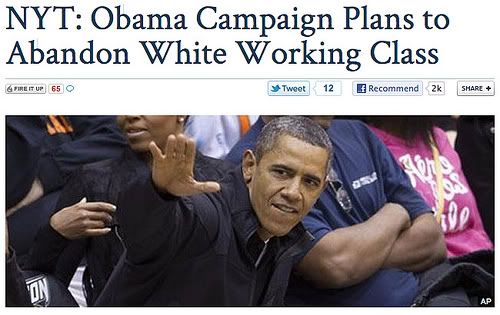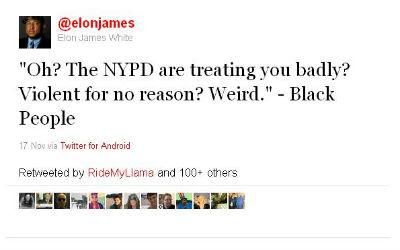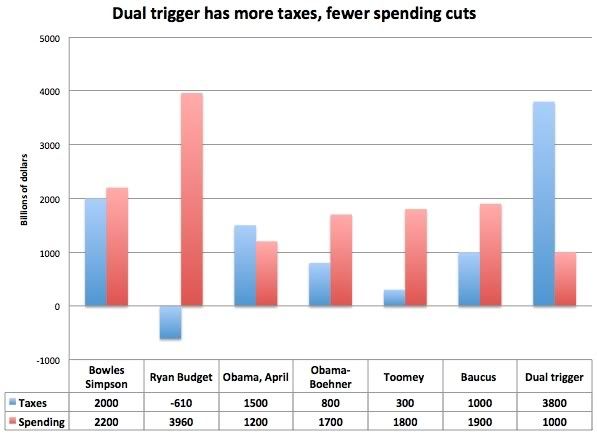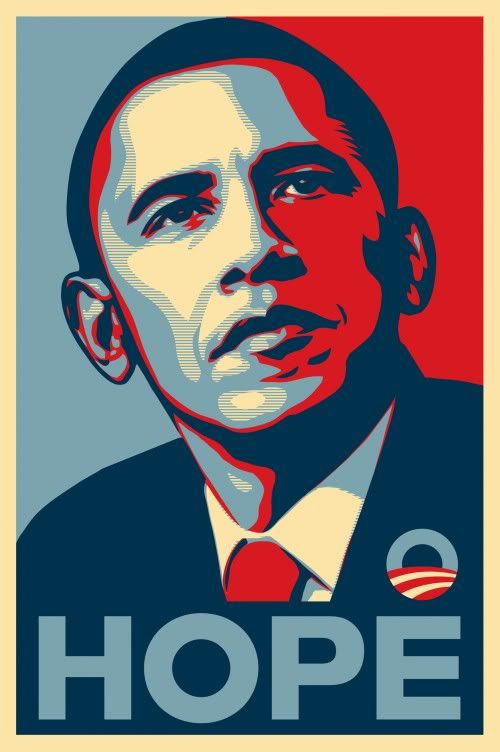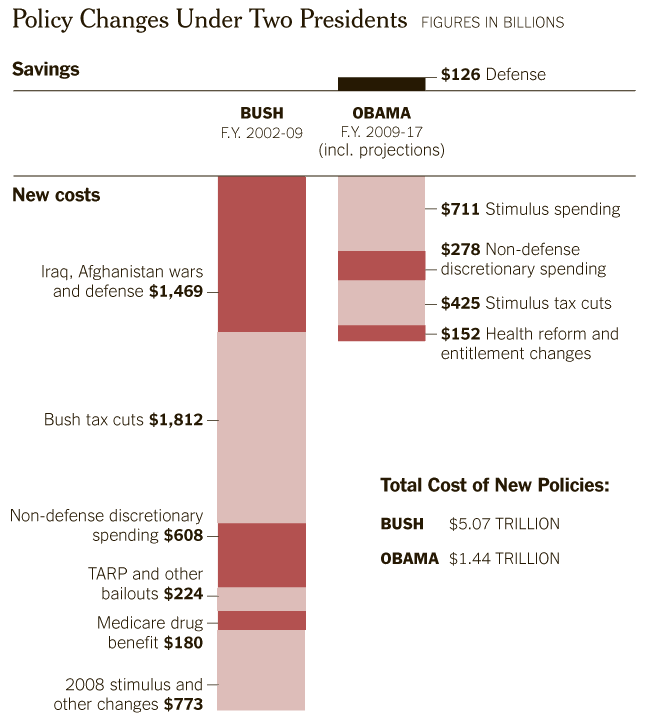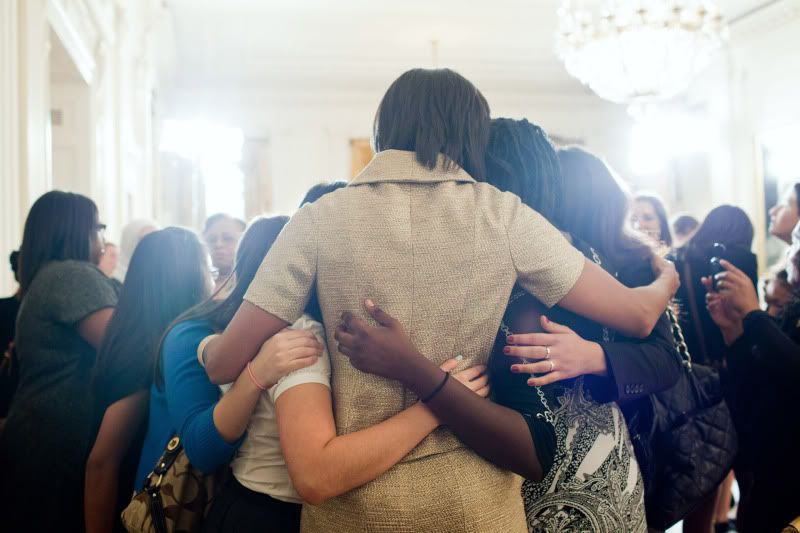As some pundits begin to wake up to that reality, they're reminding us who this guy is. First of all, Josh Marshall.
To me it seems clear that Newt is wildly unsuited to be president...He’s the closest you get over the last half century to the guy who invented the brutally polarized politics of today (though it’s much deeper than any one person). He’s always been a highly mercurial and not particularly stable personality. That doesn’t even get into the ethical problems and outlandish positions.
And Paul Waldman.
His natural rhetorical style is one of extremity, in which good things are "profound," "transformative," and "fundamental," while bad things are not just bad but horrific, the worst things that have ever happened. That means that when he embraces a position, it's the greatest thing ever, and when he rejects a position, it's the worst thing ever, even if what today is the worst thing ever was the greatest thing ever yesterday. Consequently, Newt finds himself saying things like, "Any ad which quotes what I said on Sunday is a falsehood." When questioned about a flip-flop, he's clever enough to find a vaguely reasonable-sounding answer — made more convincing by the fact that he says everything with the same emphatic certainty — but he'll probably give a completely different answer if you ask him tomorrow.
When Republicans worry that Gingrich is "undisciplined," they aren't just referring to the way he'll take off for a cruise to Greece in the middle of a campaign. It's this shooting-off-in-all-directions approach where everything seems improvisational, grand visions of his history-defining personality completely untethered to anything that resembles a concrete plan to get from here to there, whether it's in policy or in politics.
But I saved the best for last. The reason why I appreciate what Charles Pierce has to say about Gingrich is that he explains why for so long now, I've thought that we underestimate this man at our peril.
If Newt Gingrich really thinks he can win, then Newt Gingrich will do absolutely anything to accomplish that. He has no conscience in these matters, and he has no soul to speak of. He believes that the rules governing ordinary mortals in matters like public prevarication and gross public deceit do not apply to him, because he was blessed at birth to be the "definer of the rules of civilization."...
This is no longer a campaign. It is Newt Gingrich's last chance to define himself in history as the grandiose figure he sees when he looks in the mirror. It's not a book tour any more, or an elaborate form of negotiation aimed at jacking up his lecture fees. If he thinks he can win, Newt Gingrich is going to look at this campaign now as a grand opportunity to justify himself as a man of historical moment, a kind of supra-national figure whose like we will not see again. If anyone thinks he's likely to abandon that great quest just because he's fundamentally unprincipled, and because the image itself is a tinpot fraud, they're fooling themselves. To paraphrase Groucho Marx, Newt is fighting for his honor, which is probably more than anyone else has ever done for it.
While I've been fairly comfortable laughing off the candidacies of folks like Bachmann and Cain, I think we should take Gingrich very seriously. He's appealing to the worst in this country right now and they're eating it up. As I've said all along, a sociopath (which is what Gingrich clearly is) is much more dangerous than your garden variety crazy.
I'm not that nervous about Gingrich beating President Obama. As a matter of fact, I don't think there's a candidate out there who would make this more of a choice election than a referendum. I'm just saying that with every day that goes by, Gingrich is looking more and more like a possible contender. And I really hate what that says about our country.
